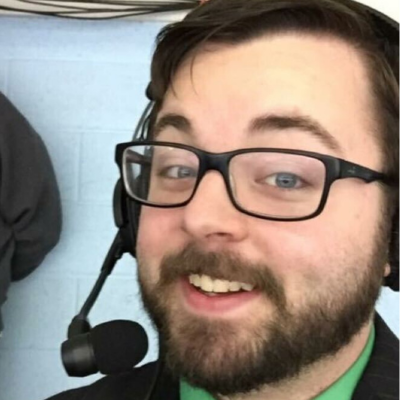Gambling addiction is a serious mental health concern, impacting as many as 2.5 million U.S. adults in a given year, according to estimations from the National Council on Problem Gambling. As sports betting apps and online casinos become more popular and prevalent, it is important to have safeguards in place to help combat gambling addiction and reinforce responsible betting habits.
One of the most extreme measures in place in Michigan is the gambling self-exclusion list, known as the “Responsible Gambling Database” or “RGD.” Furthermore, Detroit casinos have a specific option known as the “Disassociated Persons List” or “DPL” (tribal casinos are not a part of either program).
In this piece, we’ll take a look at how the Responsible Gaming Database works, the advantages of the program, and the impact on those on the Michigan gambling self-exclusion list.
Does Michigan have a self-exclusion list for gamblers?
Yes, Michigan has a self-exclusion list for gamblers. The Responsible Gaming Database (RGD) is a voluntary program that allows Michiganders to block themselves from participating in gambling activities as a method of practising responsible gambling in Michigan.
Those who enter the database can choose to revoke their access to online sports betting and/or online casino gaming. Additionally, Michigan residents can voluntarily prevent their access to Detroit casinos by putting their names on the Disassociated Persons List (DPL).
How the Michigan self-exclusion list works
Michigan’s self-exclusion list, the Responsible Gaming Database, works by allowing individuals the chance to voluntarily prohibit themselves from online sports betting and online casino gambling for either a one-year or five-year period.
It is important to note the RGD works differently than the Disassociated Persons List in that the RGD carries a one-year or five-year term while the DPL carries a lifetime ban with the opportunity to apply for removal after a period of no less than five years on the list.
After applying for the RGD, applicants are subject to a review process from the Executive Director of the Michigan Gaming Control Board. This process could take up to or more than 45 days.
To apply, you will need to provide your legal name, date of birth, phone number, any other names you may have had (maiden name, legal name change, nickname, etc.), address, driver’s license number and state of issuance, sex, email address, and social security number. This information will not be publicly published but will be shared with licensed online operators to prevent you from registering for or using an online gambling service.
Why do some gamblers put themselves on the Michigan self-exclusion list?
Some gamblers will choose to put themselves on the Michigan self-exclusion list as a way to combat gambling addiction. By imposing harsh penalties upon themselves for violating the RGD or DPL, the negative consequences are meant to act as a deterrent to problematic betting behaviors.
Can you take yourself off the Michigan self-exclusion list?
No, you cannot take yourself off the Michigan self-exclusion list. Your name will not be removed from the Responsible Gaming Database until your one-year or five-year term has expired.
For this reason, we strongly encourage those who have signed up for the RGD to reapply so they can continue to combat gambling addiction. There is no limit to the number of times you can reapply as terms expire, so continuing to apply will help reinforce the commitment to a gambling-free lifestyle.
You also cannot remove yourself from the Disassociated Persons List, though you can apply for a review and removal after a period of no less than five years on the DPL.
These measures may seem extreme, but the seriousness of gambling addiction necessitates strong opposition such as that provided by the RGD and DPL.
